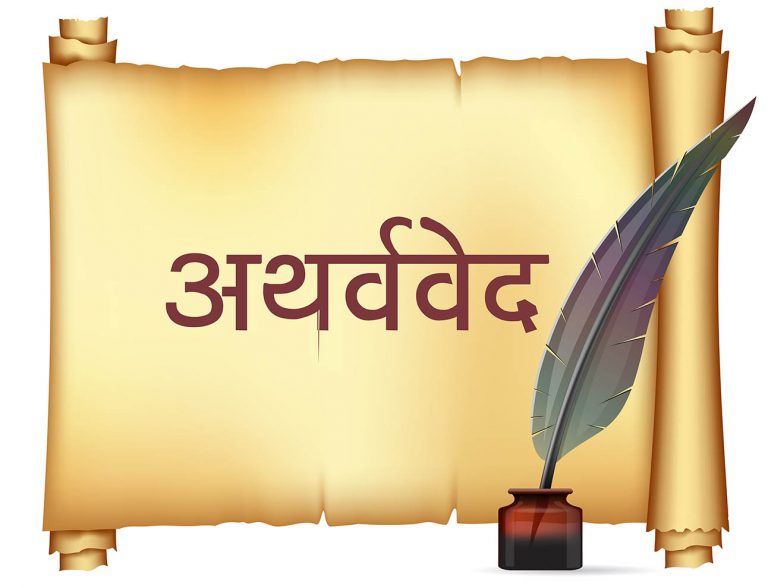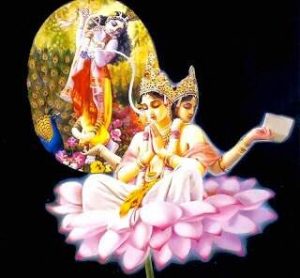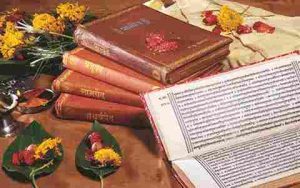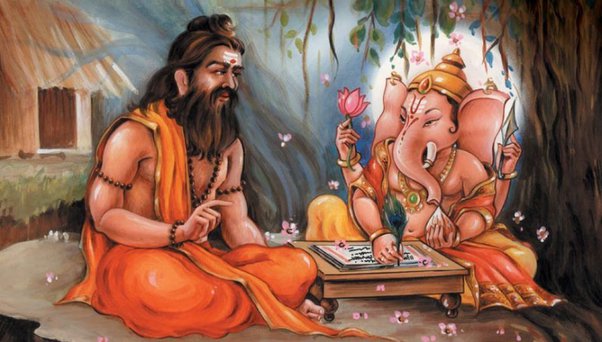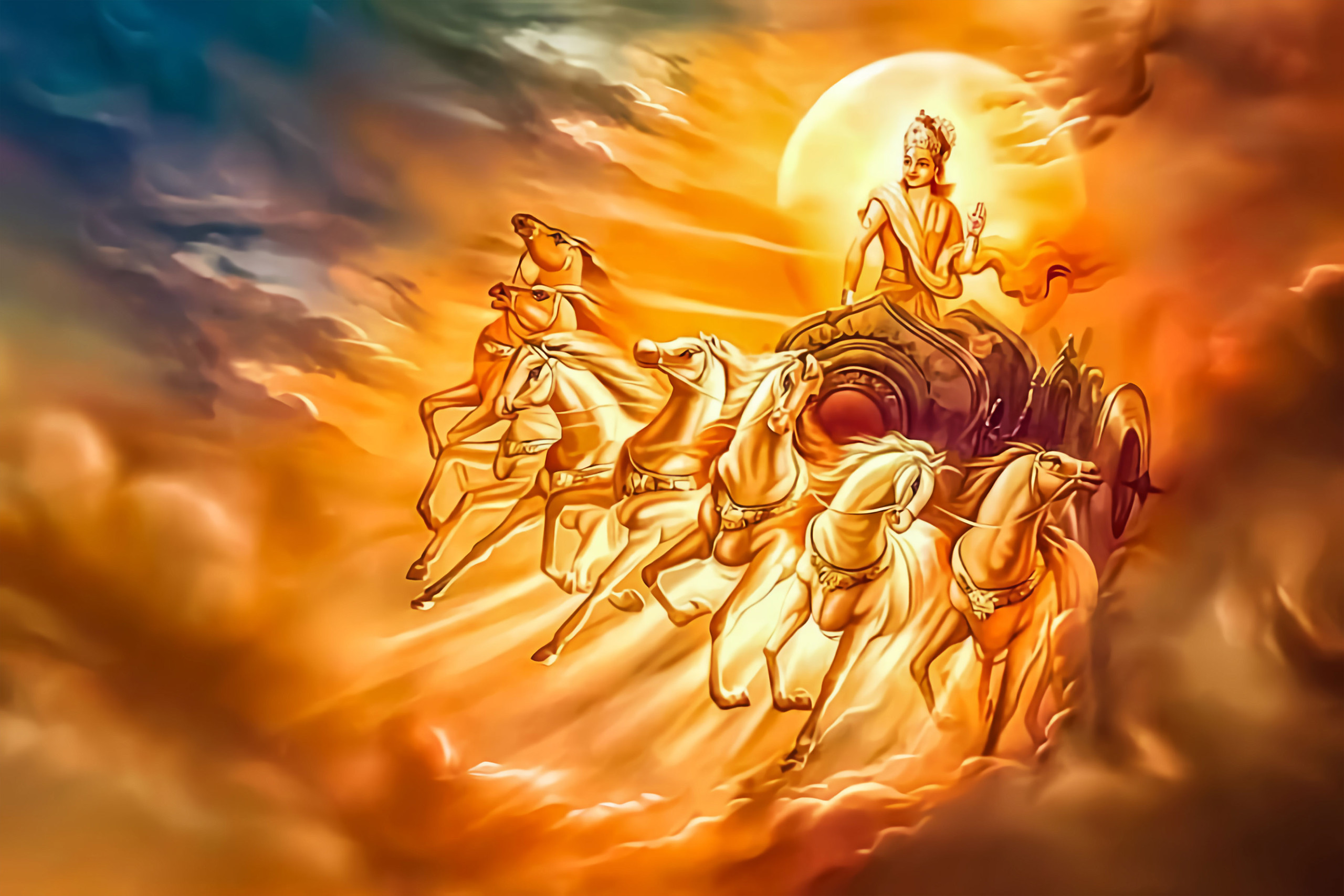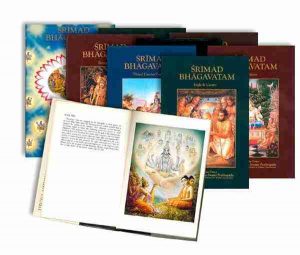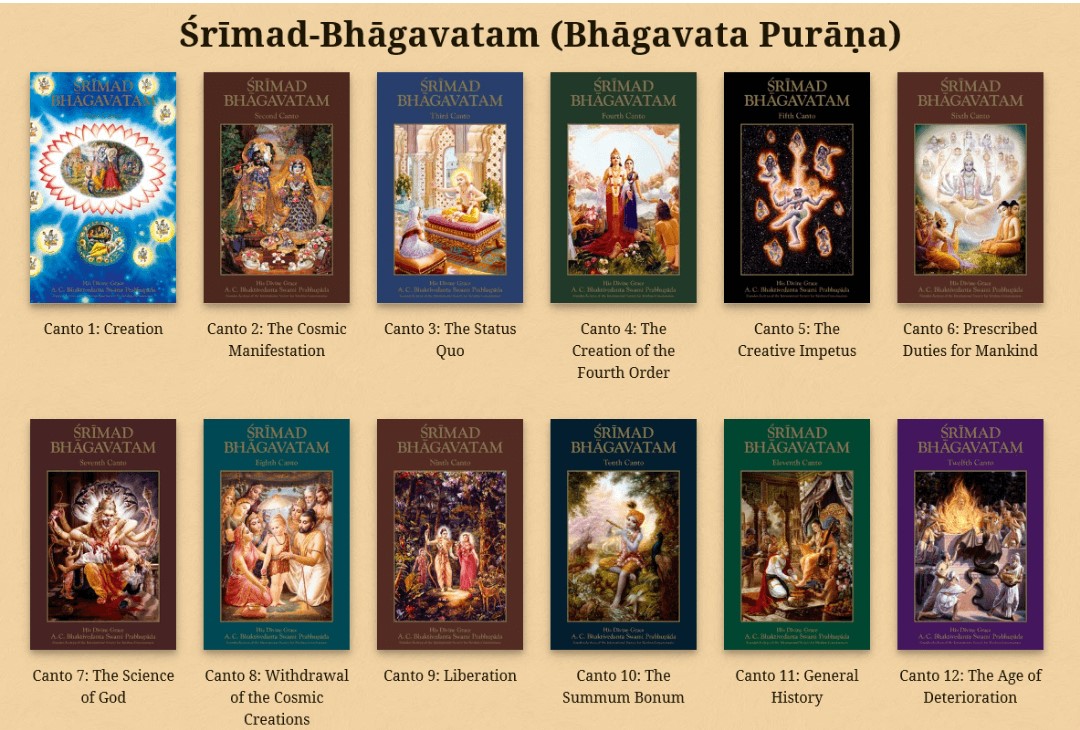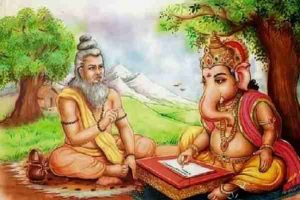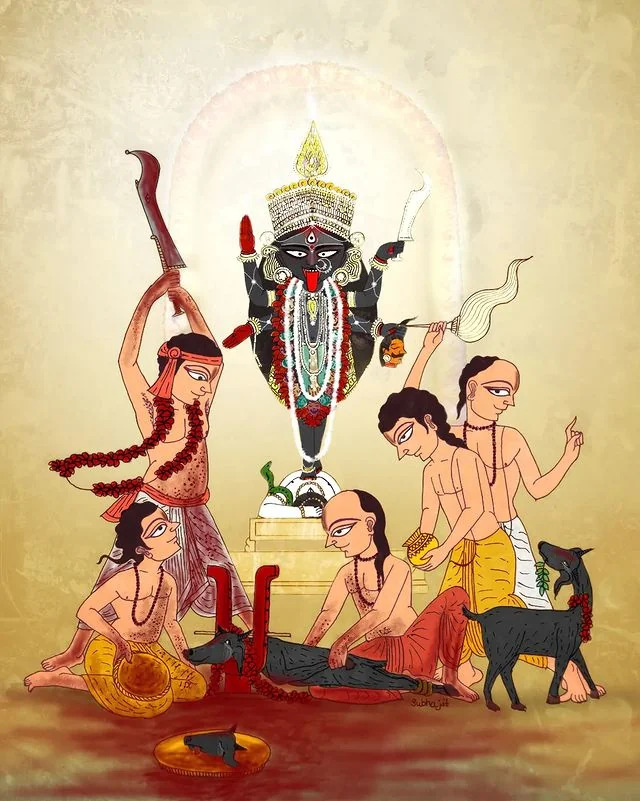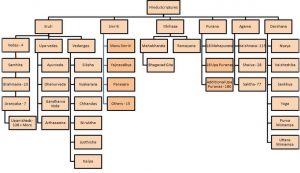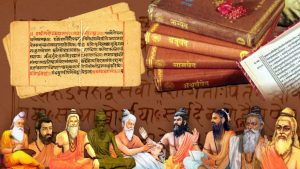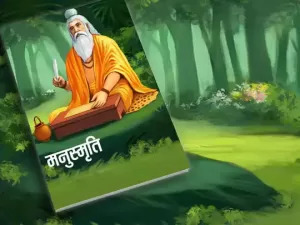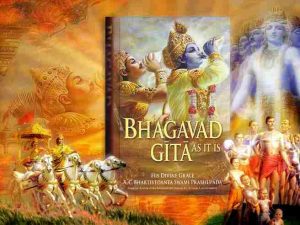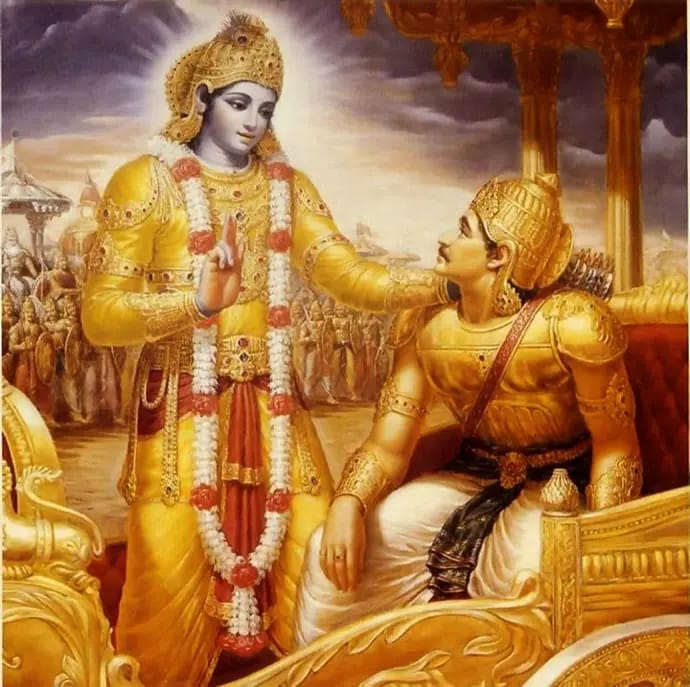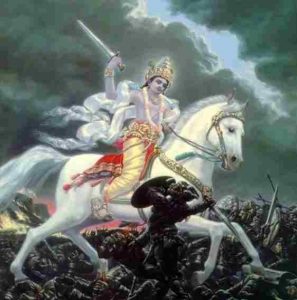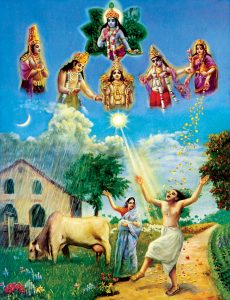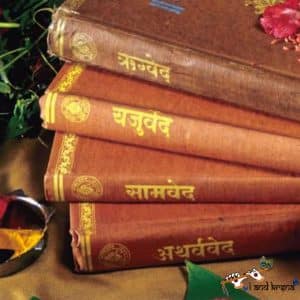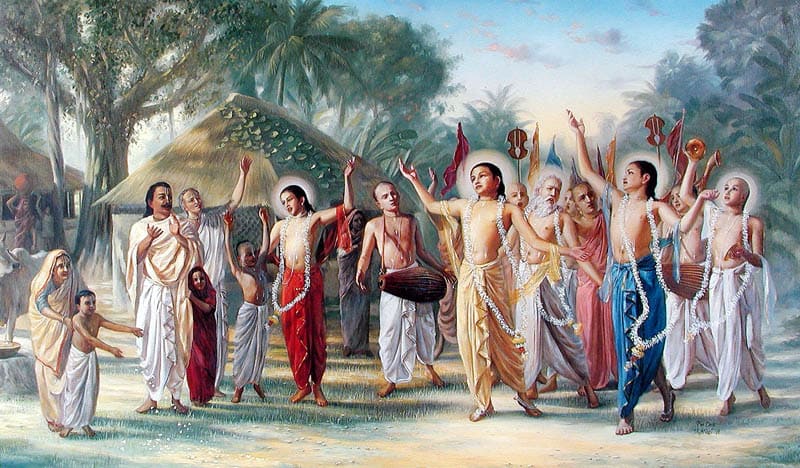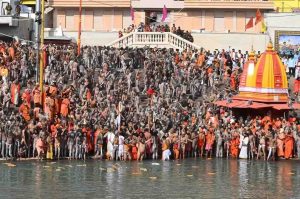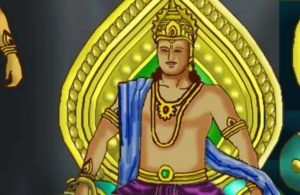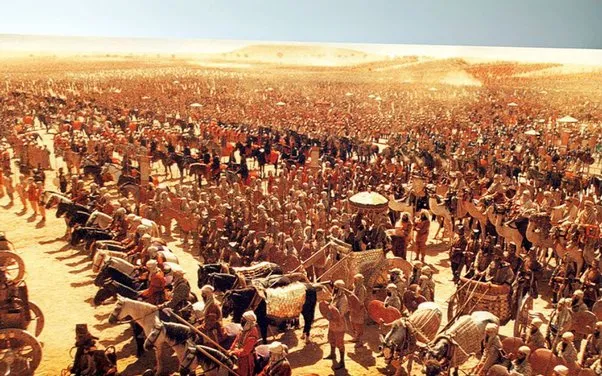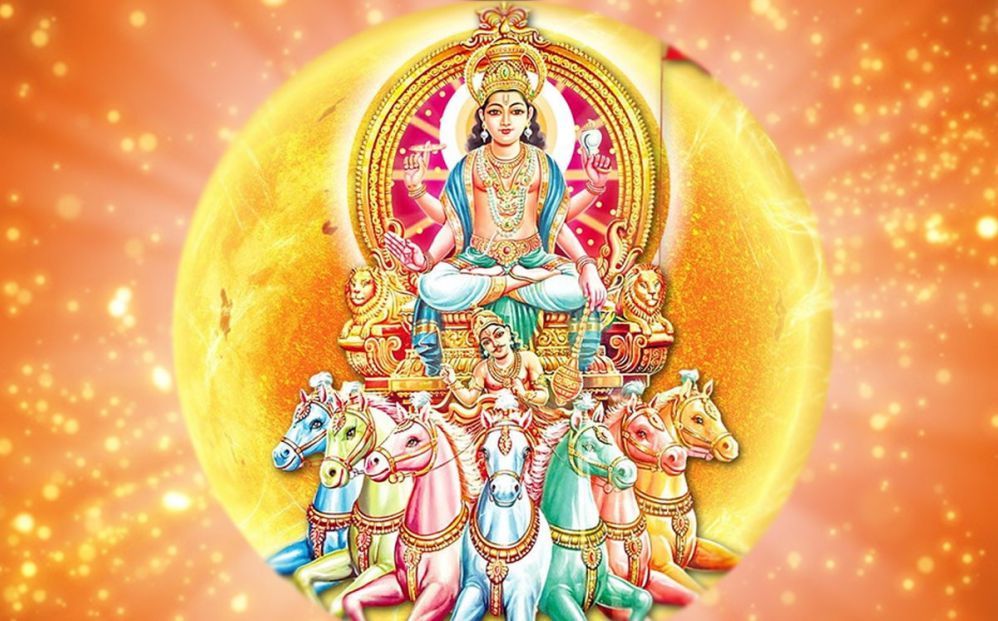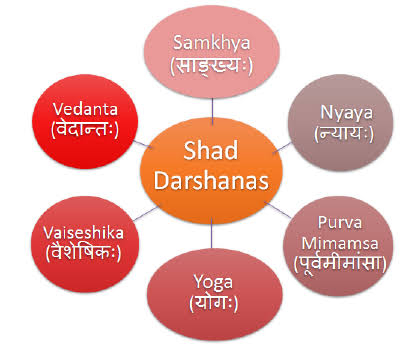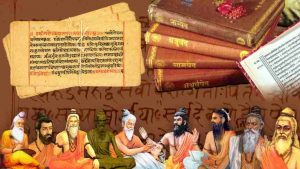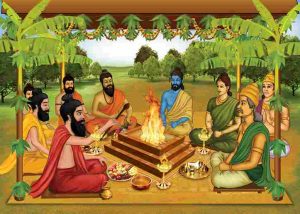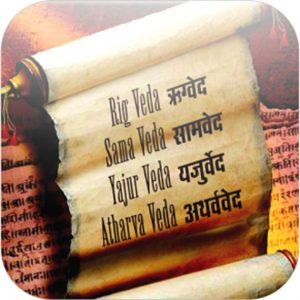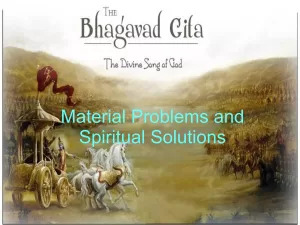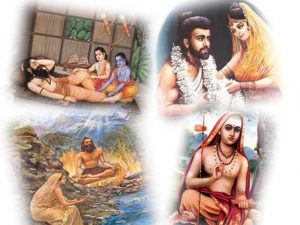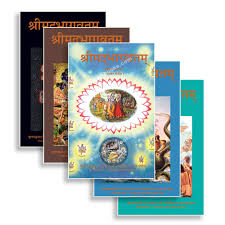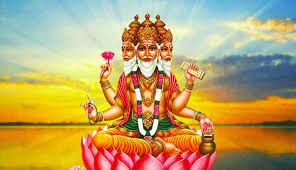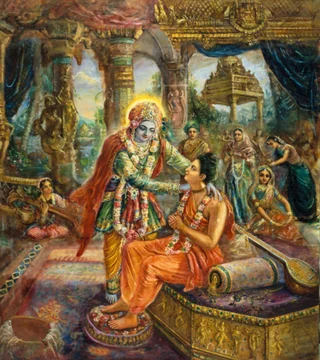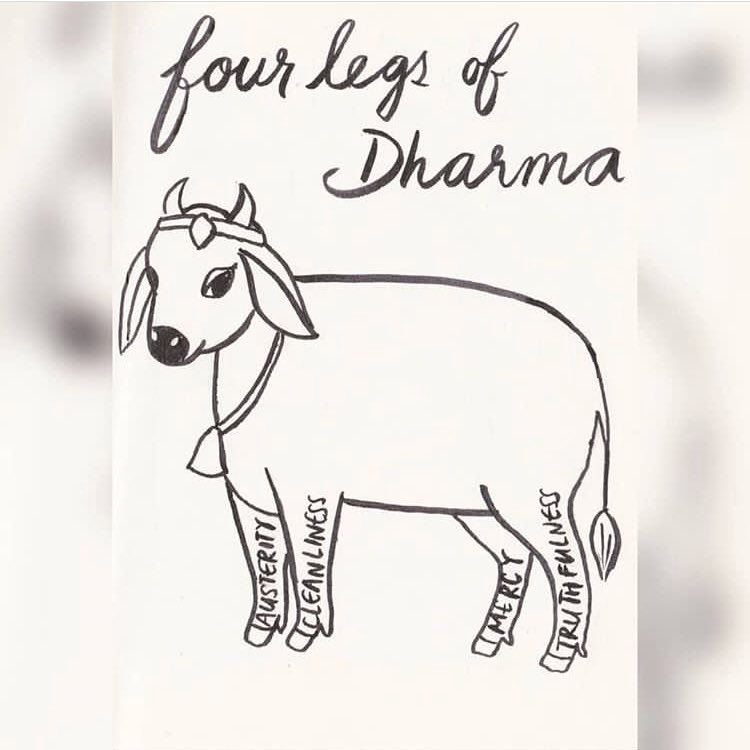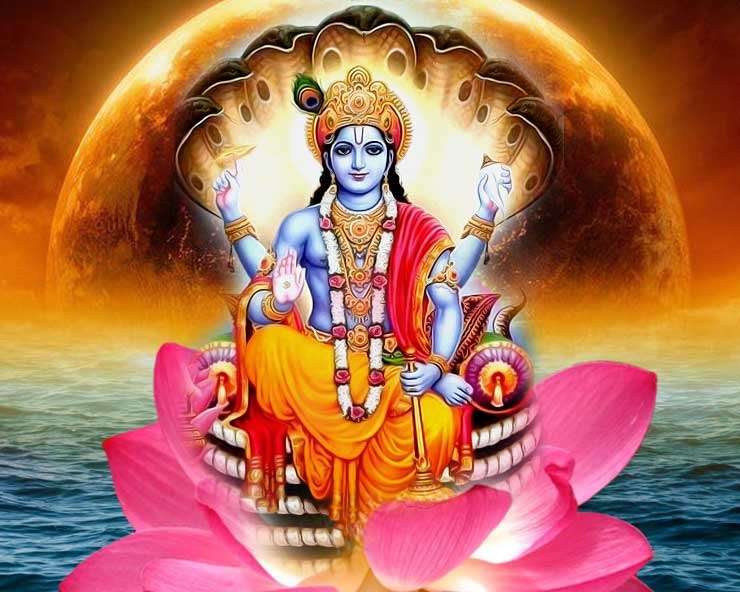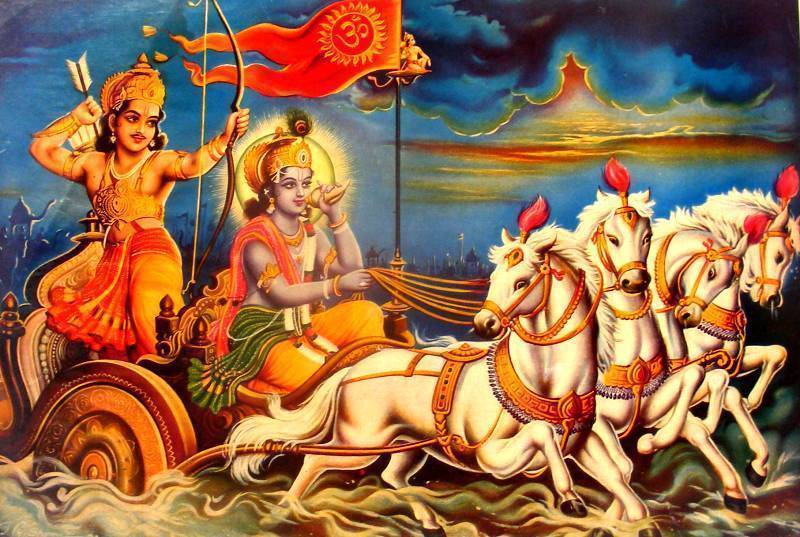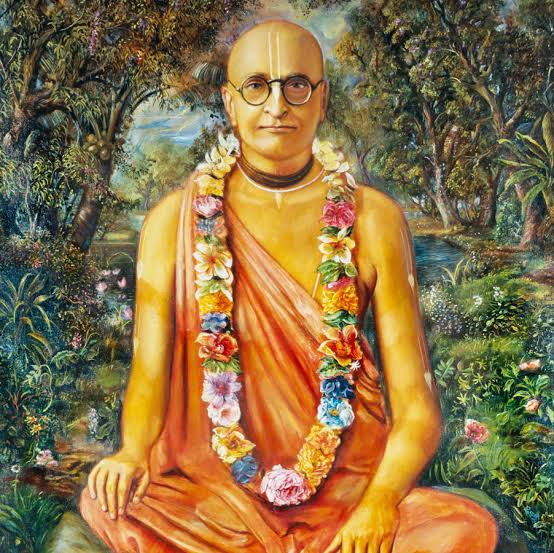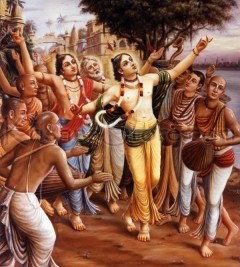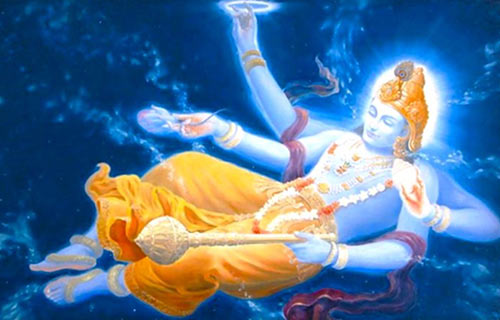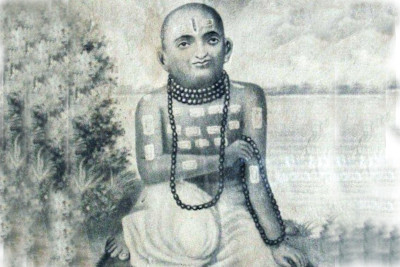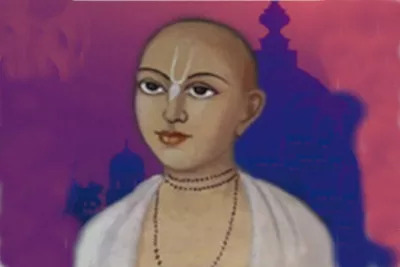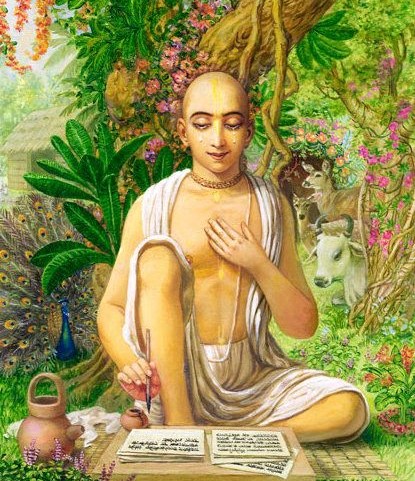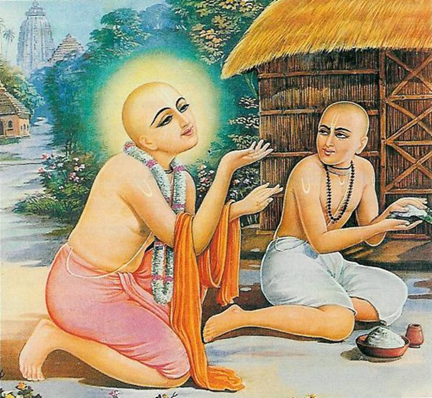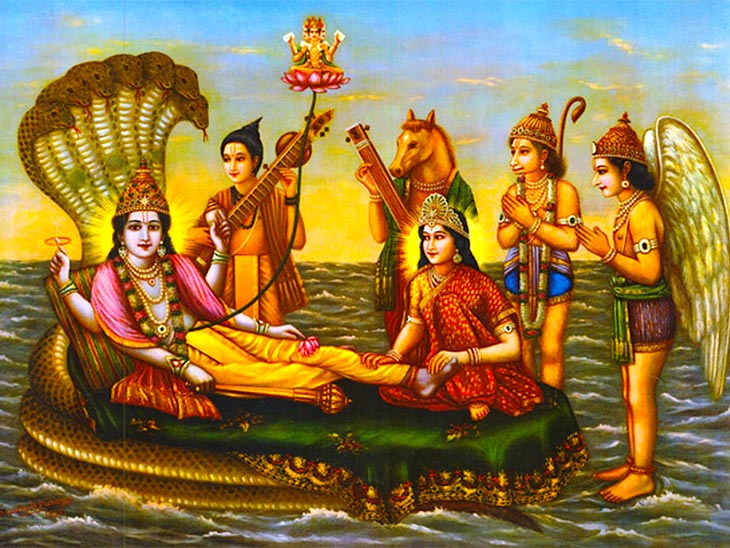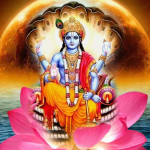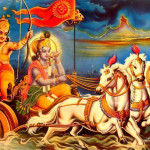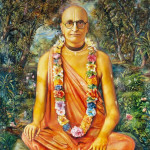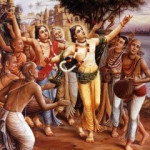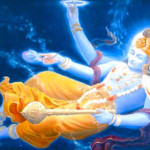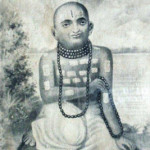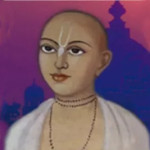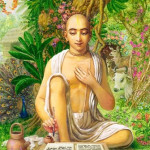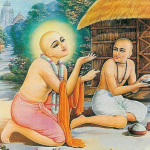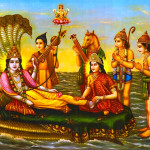In satya-yuga there was only one Veda and the only mantra was Omkara.
In Satya-yuga there was only one Veda, not four. Later, before the beginning of Kali-yuga, this one Veda, the Atharva Veda (or, some say, the Yajur Veda), was divided into four — Sāma, Yajur, Ṛg and Atharva — for the facility of human society. In Satya-yuga the only mantra was oṁkāra (oṁ tat sat). The same name oṁkāra is manifest in the mantra Hare Kṛṣṇa, Hare Kṛṣṇa, Kṛṣṇa Kṛṣṇa, Hare Hare/ Hare Rāma, Hare Rāma, Rāma Rāma, Hare Hare. Unless one is a brāhmaṇa, one cannot utter oṁkāra and get the desired result. But in Kali-yuga almost everyone is a śūdra, unfit for pronouncing the praṇava, oṁkāra. Therefore the śāstras have recommended the chanting of the Hare Kṛṣṇa mahā-mantra. Oṁkāra is a mantra, or mahā-mantra, and Hare Kṛṣṇa is also a mahā-mantra. The purpose of pronouncing oṁkāra is to address the Supreme Personality of Godhead, Vāsudeva (oṁ namo bhagavate vāsudevāya). And the purpose of chanting the Hare Kṛṣṇa mantra is the same. Hare: “O energy of the Lord!” Kṛṣṇa: “O Lord Kṛṣṇa!” Hare: “O energy of the Lord!” Rāma: “O Supreme Lord, O supreme enjoyer!” The only worshipable Lord is Hari, who is the goal of the Vedas (vedaiś ca sarvair aham eva vedyaḥ). By worshiping the demigods, one worships the different parts of the Lord, just as one might water the branches and twigs of a tree. But worshiping Nārāyaṇa, the all-inclusive Supreme Personality of Godhead, is like pouring water on the root of the tree, thus supplying water to the trunk, branches, twigs, leaves and so on. In Satya-yuga people knew how to fulfill the necessities of life simply by worshiping Nārāyaṇa, the Supreme Personality of Godhead. The same purpose can be served in this Age of Kali by the chanting of the Hare Kṛṣṇa mantra, as recommended in the Bhāgavatam. Kīrtanād eva kṛṣṇasya mukta-saṅgaḥ paraṁ vrajet. Simply by chanting the Hare Kṛṣṇa mantra, one becomes free from the bondage of material existence and thus becomes eligible to return home, back to Godhead.
Source:A.C. Bhaktivedanta Swami Prabhupada (2014 edition), “Srimad Bhagavatam”, Ninth Canto, Chapter 14 – Text 48

